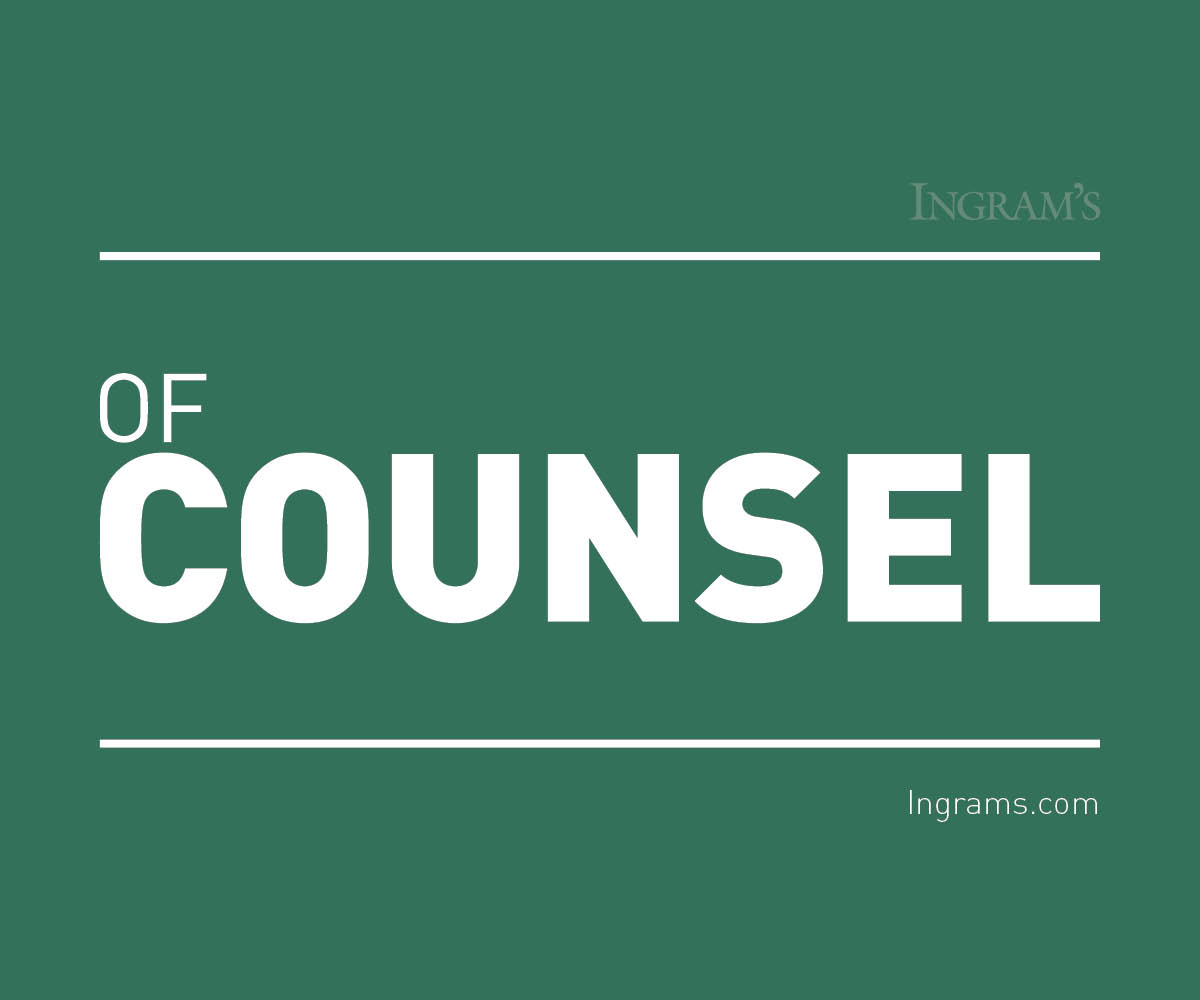HOME | ABOUT US | MEDIA KIT | CONTACT US | INQUIRE
HOME | ABOUT US | MEDIA KIT | CONTACT US | INQUIRE
Tips to make your Golden Years the retirement of your dreams, instead of a nightmare.
Golfing, hiking, lounging, sailing, volunteering: whatever your retirement dream, ensuring that it stays blissful requires planning. This is especially true for folks considering retirement abroad. The laws that may apply to finances, health care, and other daily living must be considered before selecting a locale. Below are tips to jump start retirement abroad research.
 Expatriates: Living abroad does not require renouncing U.S. citizenship. A common misconception is that renouncement extinguishes tax obligations. A possible “exit tax” per the IRS Form 8854 may be imposed on long-term expatriates or renouncement situations.
Expatriates: Living abroad does not require renouncing U.S. citizenship. A common misconception is that renouncement extinguishes tax obligations. A possible “exit tax” per the IRS Form 8854 may be imposed on long-term expatriates or renouncement situations.
 IRS Reporting: U.S. income tax and reporting obligations flow with U.S. citizenship on worldwide income. Tax treaties between the United States and most countries and nations exist allowing for lower tax rates or exemptions; however, reporting and payment obligations remain. The two most common filings for retirees abroad to understand are the Form 8938, Report of Foreign Bank and Financial Accounts, and Form 3520, which is for reporting interests in foreign trusts, gifts, and estates. Special rules apply to the type of foreign account, income, status of an individual, and treaties may offer unique country-specific exemptions.
IRS Reporting: U.S. income tax and reporting obligations flow with U.S. citizenship on worldwide income. Tax treaties between the United States and most countries and nations exist allowing for lower tax rates or exemptions; however, reporting and payment obligations remain. The two most common filings for retirees abroad to understand are the Form 8938, Report of Foreign Bank and Financial Accounts, and Form 3520, which is for reporting interests in foreign trusts, gifts, and estates. Special rules apply to the type of foreign account, income, status of an individual, and treaties may offer unique country-specific exemptions.
Consider whether a country may have a treaty with the U.S. that carves out distributions from certain types of pension plans so it would not have to be reported on Form 3520 to satisfy U.S. compliance. That account may still trigger the obligation to report it on Form 8938, Report of Foreign Bank and Financial Accounts. Not knowing the rules specific to the country chosen for retirement abroad provides exposure to costly non-compliance penalties.
New Tax: Learn the new country’s tax system. For example, are 401(k) distributions taxed after U.S. citizens establish a residence in it?
Bank Account Restrictions: Learn the restrictions (e.g. freezing funds) on U.S. citizens’ accounts if considering a foreign bank account. Likewise, some U.S. financial institutions have restrictions on mutual funds trading while a customer is abroad.
Professional Fees: Additional reporting obligations usually requires hiring financial, legal or tax service professionals to achieve compliance. The importance of properly submitting U.S. information reporting forms is underscored by the scope of non-compliance penalties. A penalty for failure to properly report an account on Form 8938 is $10,000 for each non-willful violation. For each willful violation, the penalty is the greater of $100,000 or 50 percent of the account value. The penalty for failure to file a required Form 8938 is $10,000 for each 30-day period during which the Form 8938 is not filed, with a maximum continuing failure-to-file penalty of $50,000.
Managing finances, taxes and health care are common to everyone’s needs, but can get complicated for those living abroad in their retirement.
A 40 percent underpayment penalty for tax deficiencies relating to foreign assets that are not properly reported on Form 8938 is also possible. Failing to properly file a Form 3520 exposes an individual to a penalty equal to the greater of $10,000, or 35 percent of the gross value of any property transferred to the foreign trust, or any distributions from the trust. It is noteworthy that becoming delinquent on U.S. tax debts of more than $52,000, could result in the IRS requesting that the State Department revoke or otherwise deny renewal of an individual’s passport. If an individual makes a good-faith attempt to resolve tax debts, however, the IRS will normally not recommend revocation.
Health Care: Medical and dental care remains a priority in retirement to live comfortably. Carefully research the host country’s available options against your priorities. For example, health care may be less expensive than in the U.S. in some countries, yet, access to services and preferred medicines may be reduced because of the host’s healthcare policies.
Access: Remote locations have benefits and burdens. The global pandemic shines a light on the priority of loved ones’ being able to physically reach you abroad in an emergency. Explore Internet availability and registering for U.S. Postal Service mail forwarding, and scanned images of correspondence for real-time access to communications.
Test run: Consider renting instead of buying property to test run living abroad. Practicing financial housekeeping in the selected rental location, you can learn how daily life may differ from summering or wintering there. Buying property makes walking away more difficult if the destination proves unrealistic for comfortably satisfying long-term needs.
Conclusion
Everyone’s dream of what a happy retirement is remains subjective, but, the objective factors of managing finances, taxes and health are common to everyone’s needs for daily living. Researching these topics further can help make your dream a retirement reality.